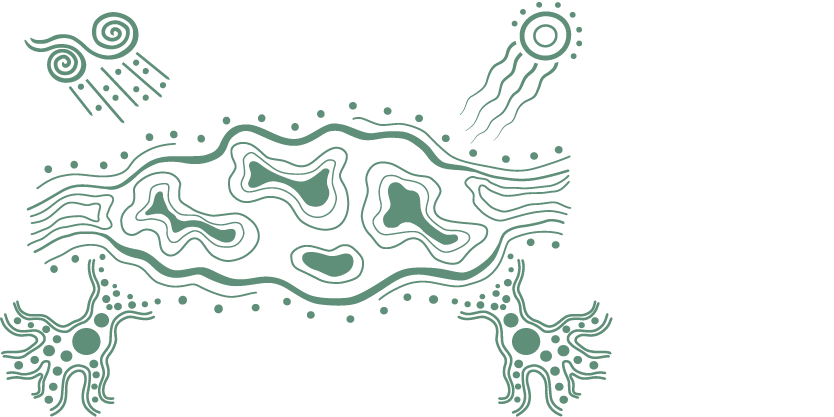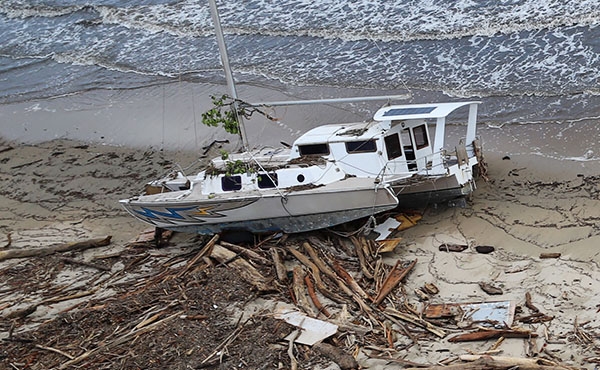Management and leaders of the Region must consider the full range of threats to the Region’s ecosystem and heritage values (natural, Indigenous, historic and other heritage values). Action should be focused on addressing threats that pose the greatest risk while recognising the cumulative contribution of those threats and their interactions.11,1982,2149,2150
The comprehensive risk assessments contained in the Outlook Reports for 2009, 2014 and 2019 3,4,5 identified climate change, land-based runoff, coastal development, outbreaks of crown-of-thorns starfish and some fishing-related threats as the greatest risks. The assessments have guided subsequent decision-making and updates to management priorities.2,5
The risk assessment described in this chapter is based on the information presented in preceding chapters of this report. The assessment systematically reviews the current and future risks presented by known threats and summarises the residual risk to the Reef after consideration of existing protection and management measures. The risk assessment considered input from Reef scientists, managers, Traditional Owners and heritage experts, who provided advice for the list of threats in Appendix 6 in a series of elicitation workshops.12
The assessment is based on overall risk to the ecosystem (natural heritage values) and to the heritage values (Indigenous, historic and other heritage values).


